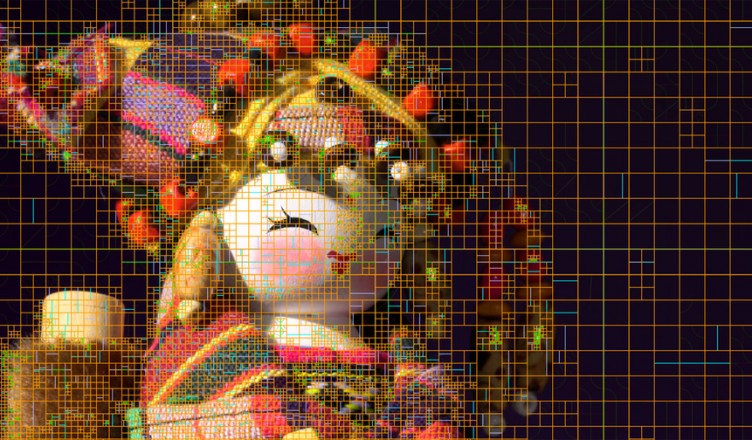The latest update (v1.1) of the HEVC open-source Turing codec has now been released by the BBC R&D and is available to download from Github. The new release contains a number of new features which make the codec generally faster, improve the quality of the decoded pictures, and enhance the experience for developers working under a variety of platforms. Many fixes and general improvements have also been included in the release.
Some of the technical features included in this new release include:
- The Sample Adaptive Offset (SAO) filter is included. The filter enhance the quality of the decoded pictures by reducing sample distortion. Two SAO modalities are included (fast and slow), which can be selected depending on the target application
- Rate control functionality is now harmonised with the full parallel architecture of the Turing codec. Rate control can be enabled when using both parallelisations at frame level and among concurrent frames.
- The Coded Picture Buffer (CPB) now checks for overflow and underflow with limits set according to the used level and tier.
- The shot change detection algorithm is now running in parallel and interleaved with the coding process, fully exploiting the advanced parallelisation options of the codec and resulting in a generally faster pre-analysis.
- The codec is now capable of generating streams which can be easily converted ready for MPEG-DASH streaming, by the inclusion of a “segmentation” feature which facilitates the creation of the segments necessary when using this adaptive streaming technology.
- The “mastering display colour volume information” SEI message has been included for further support of HDR videos (SMPTE ST 2086). See command line help for this option (–mastering-display-info).
- Many other tools have been optimised, including the Residual Quad-Tree (RQT) algorithm, various optimisations for the arithmetic coding encoding and so on. For a full list of fixes, you can check the log within the Git commit.
Read more about the Turing codec here, and the project website.






